Nicole Kelly and Jenn Poret are two examples of leaders with disabilities. They are both arts managers who also wear a variety of hats in other aspects of their lives. Nicole is a former Miss Iowa, podcast host, educational lecturer, and limb-difference awareness advocate, while Jenn is a freelance stage manager, swimmer, and a founding member of a health and wellness group in her community called Geese Revolution. In this article, Jenn and Nicole brainstorm and discuss the various ways their disability identities intersect with their roles as managers, as well as the advantages and challenges that come with the territory.
Getting started in theatre management
Jenn: I majored in theatre, and then, fourteen and a half years ago, I became the booking coordinator at the Mountain View Center for the Performing Arts (MVCPA), where the responsibilities are similar to those of theatre management. While I do not oversee or manage any employees directly, I am the unofficial stage manager of the office, keeping everyone on schedule and knowing a little bit of what everyone does so I can answer clients’ questions. I am the first point of contact for anyone who wishes to book the MVCPA, and I also oversee our visual arts program, which places art in our lobby. On top of this, I started a sensory-friendly program for some of the performances.
I also work as a stage manager for local productions on the side, and I enjoy being the person everyone comes to with questions for how things are going in the various departments. I like watching a production grow from the first meeting all the way to closing, helping maintain someone else’s artistic vision along the way—which is nice since I do not consider myself very creative.
Nicole: I studied directing and theatre management in college. I knew I wanted to be part of the theatre world professionally but was unsure how I fit into it. I was born missing my left hand, and I never saw people like me onstage. I decided to explore the management side of the industry. Turns out I love organization and Excel spreadsheets—I am a complete checklist geek. I feel great purpose when I am allowed to organize people and things, and it’s even better when the thing I am organizing has heart and meaning. Theatre is the perfect place for that.

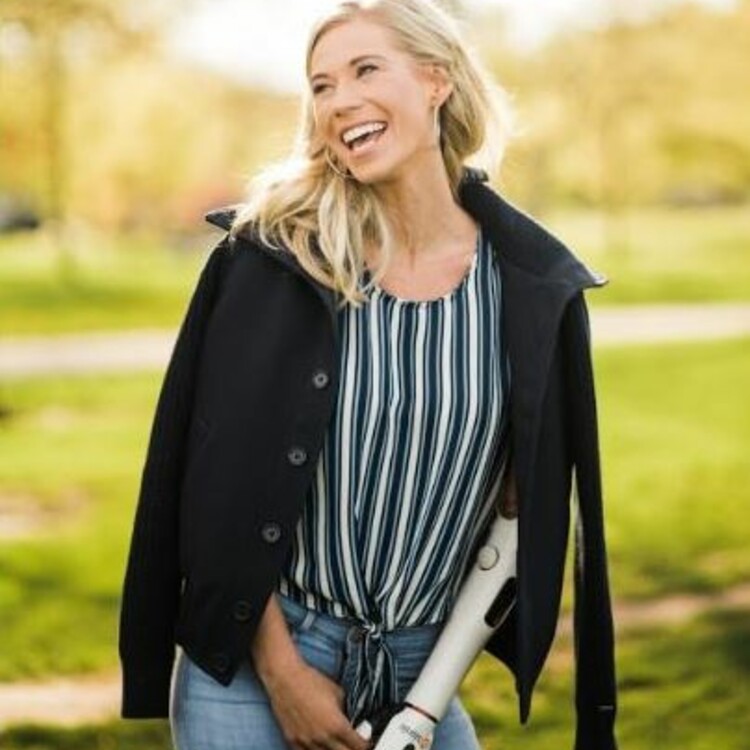
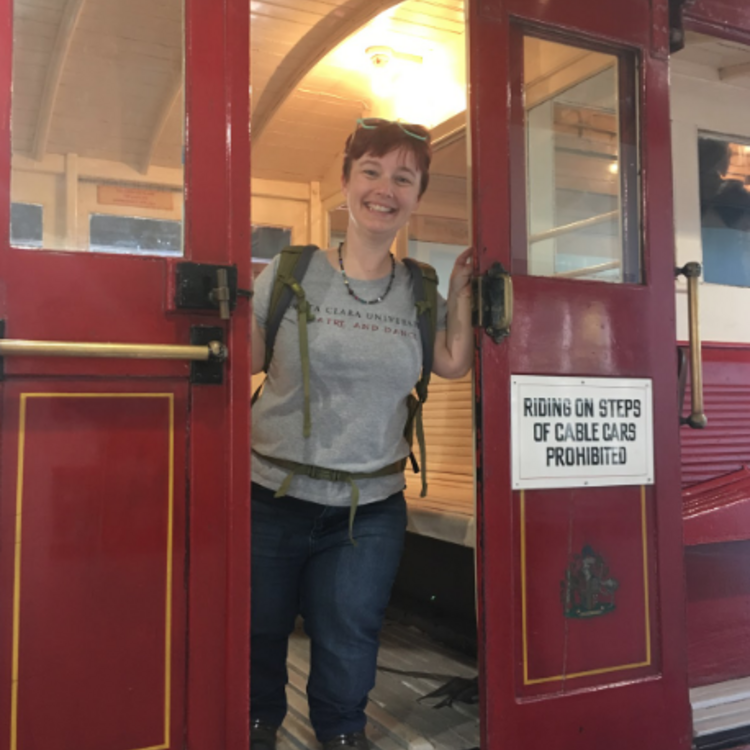
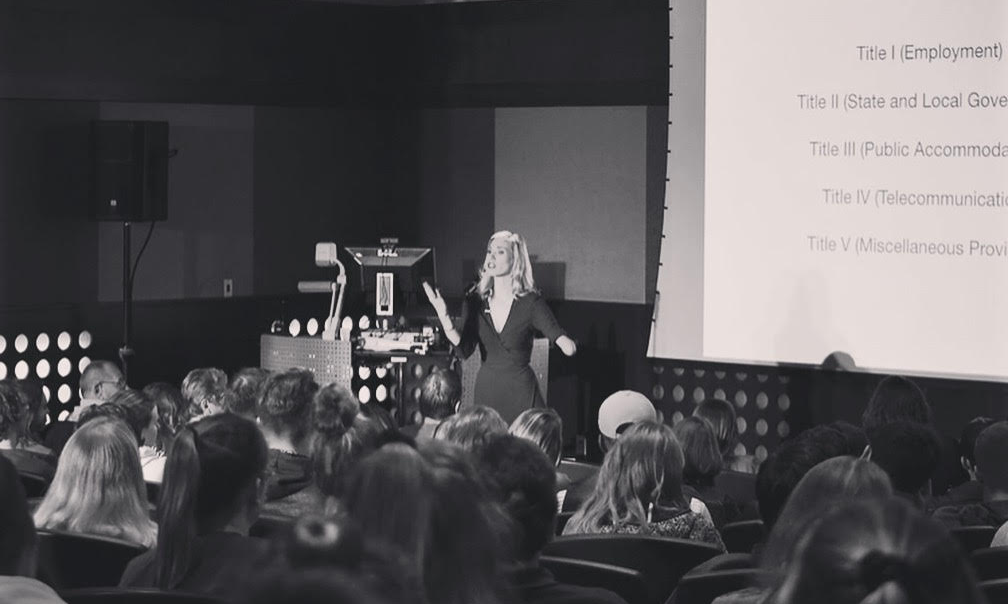
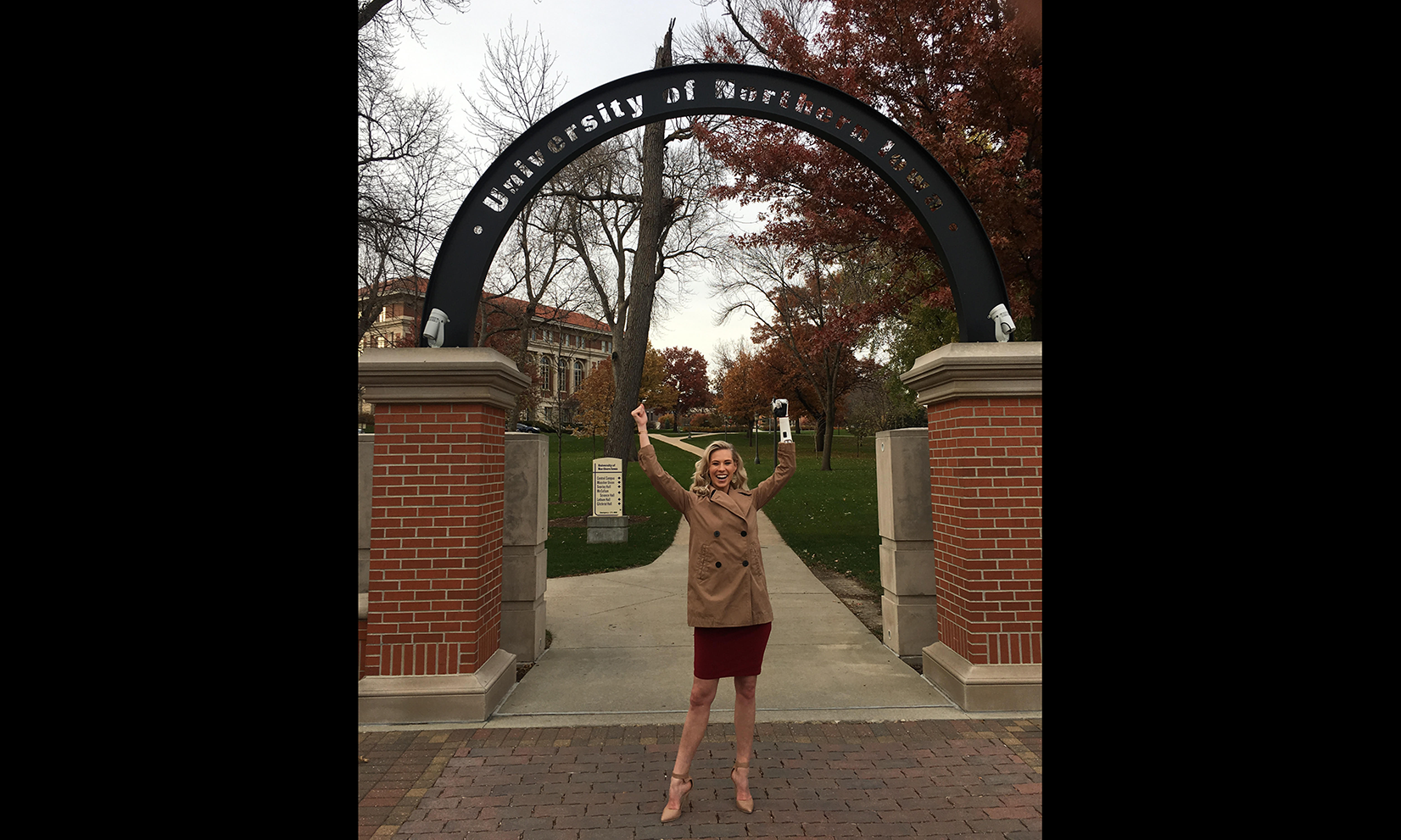
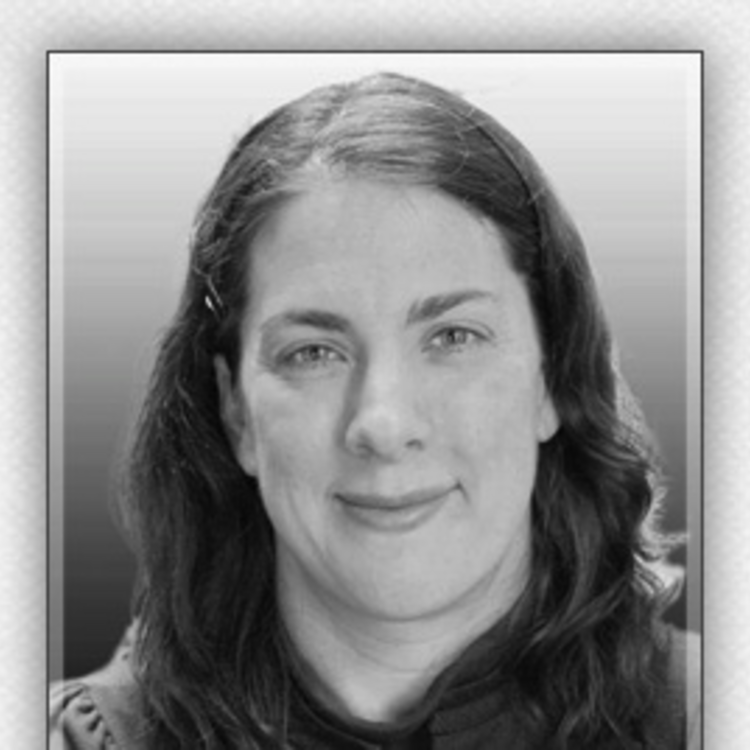

Comments
The article is just the start of the conversation—we want to know what you think about this subject, too! HowlRound is a space for knowledge-sharing, and we welcome spirited, thoughtful, and on-topic dialogue. Find our full comments policy here